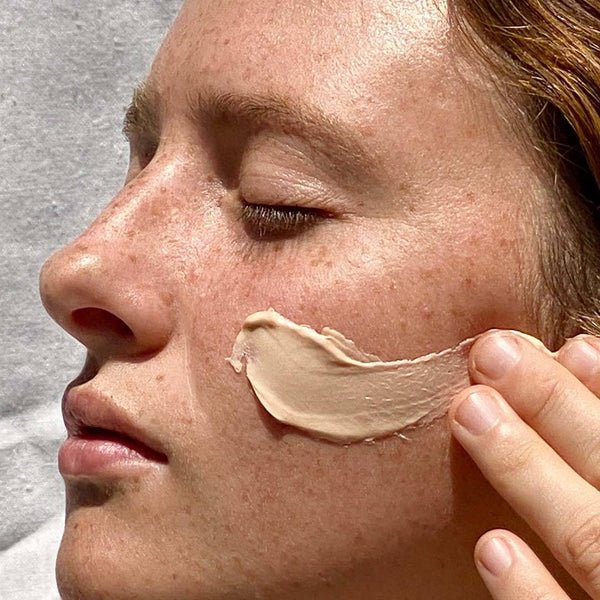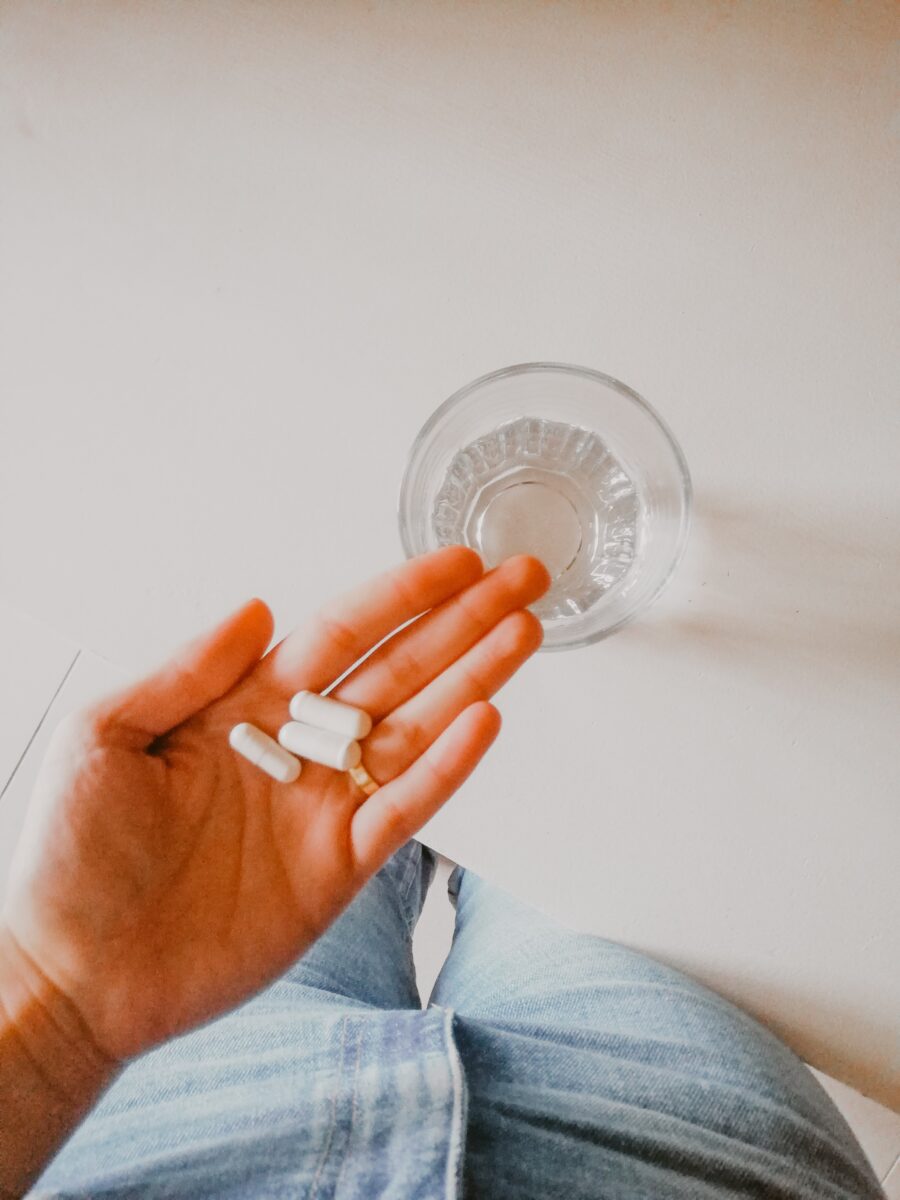
Are Your Supplements Eco-Friendly? (5 Of Our Favorites)
The Good Trade editors endorse products we’ve personally researched, tested, and genuinely love. Learn more about our methodology and business model here.
From multivitamins to omega supplements to collagen powders and greens, it’s a fair bet that you have at least one nutritional supplement in your cabinet or fridge ready to accentuate your daily wellness routine.
The reasons for dietary supplementation are plentiful. Supplements can make up for the loss of essential nutrients, improve gut health, support healthy aging, and boost immunity. Supplements have become so common that according to the Council for Responsible Nutrition (CRN)’s annual Consumer Survey on Dietary Supplements, 75 percent of United States consumers reported taking supplements in 2022—and that’s just in the U.S.
Not all supplements are created equal, though. While quality and safety standards for these nutritional products remain paramount, with so many supplements being created, shipped, and consumed worldwide, conscious consumers should carefully consider the ingredients, fillers, origin, manufacturer, and environmental impact of chosen supplements. Here’s what to look for:
Better Packaging
- Choose supplements that come in non-plastic packaging to reduce long-term environmental impact. Many companies are working to package products in reusable containers such as glass or aluminum. Additionally, some brands take back empty containers and offer consumers a discount on future purchases, so make sure to ask about this.
- When plastic is your only option, check if the bottle or bag is made using post-consumer recycled material and do your best to reuse or recycle that bottle or bag when that last capsule goes down the hatch. For bonus points, email the brand to advocate for plastic-free packaging in the future.
- Buy larger quantities or bulk-sized bottles, especially on supplements with a longer shelf life. Like with food, buying in bulk is often better for your wallet and the environment.
- Avoid single-use packaging—this tends to apply to supplements that come in powder forms, such as greens and collagens. Exceptions can be made while traveling (or, better yet, find yourself a travel vial!).
- Choose brands that offer monthly supplement refills in minimal, recyclable, or compostable packaging.
Sustainably grown and sourced ingredients
- Look for herbal and botanical supplements grown organically or with biodynamic farming methods. These tend to be healthier for you and easier on the planet.
- Regarding certifications for sourced ingredients, look for certified organic, ethically sourced, traceable, renewable and/or non-GMO certified.
- Were the ingredients farmed, gathered, produced, and packaged using fair labor? Read the harvesting information on the FAQ page or contact the brand for more details about their labor practices.
- How and where were the supplements packaged? Does the laboratory use sustainable practices? Minimize water use? Create minimal waste? If so, then you further reduce the impact.
Check for certifications
Unfortunately, there isn’t one “gold star” certification for supplements to ensure the company and ingredients check all the boxes. Most third-party accreditation is focused on product safety for consumption (rightly so), but this leaves consumers wondering about environmental impact.
Here are just some of those eco-friendly stamps of approval to look for when shopping for your next supplement. We also recommend speaking directly to brands as some certifications below are expensive, and smaller businesses may be practicing these initiatives without accreditation.
- Certified CarbonFree | Supplements with a Certified Carbon Free designation have undergone a lifecycle analysis to determine their carbon footprint. Once determined, the company getting certified offsets its footprint by purchasing credits that the Carbonfund puts into earth-forward, carbon-reducing programs.
- My Green Lab Certification | A My Green Lab Certification represents a laboratory that has used sustainable best practices such as reducing water and plastic use and energy efficiency.
- Fair Trade Certified | A Fair Trade certification means all parties involved in the production, sales and shipment are treated fairly.
- Non-GMO Project Verified | A non-GMO certification is the most rigorous certification used to ensure the product does not contain genetically modified ingredients, including its encapsulation.
- USDA Certified Organic | The familiar organic certification means the farmers and/or businesses have met strict standards for the growing, processing and handling of the raw ingredients used to create the supplement. The supplement must contain at least 95 percent organic ingredients to garner the USDA organic seal.
- Friend of the Earth certification | Part of the Project World Sustainability Organization program, this certification keeps manufacturers accountable for farming practices that protect the native flora and fauna, the health of the soil and surrounding natural water sources. It also ensures companies responsibly deal with any waste.
- Friend of the Sea certification | Also part of the Project World Sustainability Org. program, this certification ensures healthy practices are used with products and supplements sourced in oceans. To garner this, companies must show they do not overfish and deplete fish stock (e.g., Omega 3s); it also limits the acceptable amount of by-catch and requires a company to properly manage its waste and be energy efficient in practice.
- B Corp Certified | Although a B Corp certification does not apply specifically to the supplement industry, it indicates that the business behind the supplement is focused on more than just profits. This certification process measures a company’s overall social and environmental impacts.
- Climate Neutral | Climate Neutral Certified brands must meet climate neutrality standards for measuring, offsetting, and reducing greenhouse gas emissions from making and delivering products and services.
- Clean Label Certified | This certification focuses on eliminating heavy metals, pesticide residues, and plasticizers linked to cancers and infertility from consumer products, including foods. Not only is this good for people, but it is also good for the planet.
Although in no way a comprehensive list of eco-friendly supplement options, here are a few editor-approved favorites from our team:
Orlo Nutrition
Stand out for all-around sustainability
Best For | Omega-3 Supplements
Price | $45 for a 30-day supply of Omega 3. Option to save with a subscription.
Orlo Nutrition is a carbon-negative brand using a technology-based aquaculture system to grow microalgae (an alternative to fish-derived omegas). The algae are grown using 100 percent renewable resources with zero hexanes, pesticides, or environmental toxins. This saves marine lives and protects sensitive marine ecosystems. In addition, Orlo packs their product in a light-blocking refillable glass container, and all refills come in a pouch made from post-consumer recycled plastics. All products are packed and shipped in a post-consumer recycled box or a padded envelope; any printing uses algae-based ink.
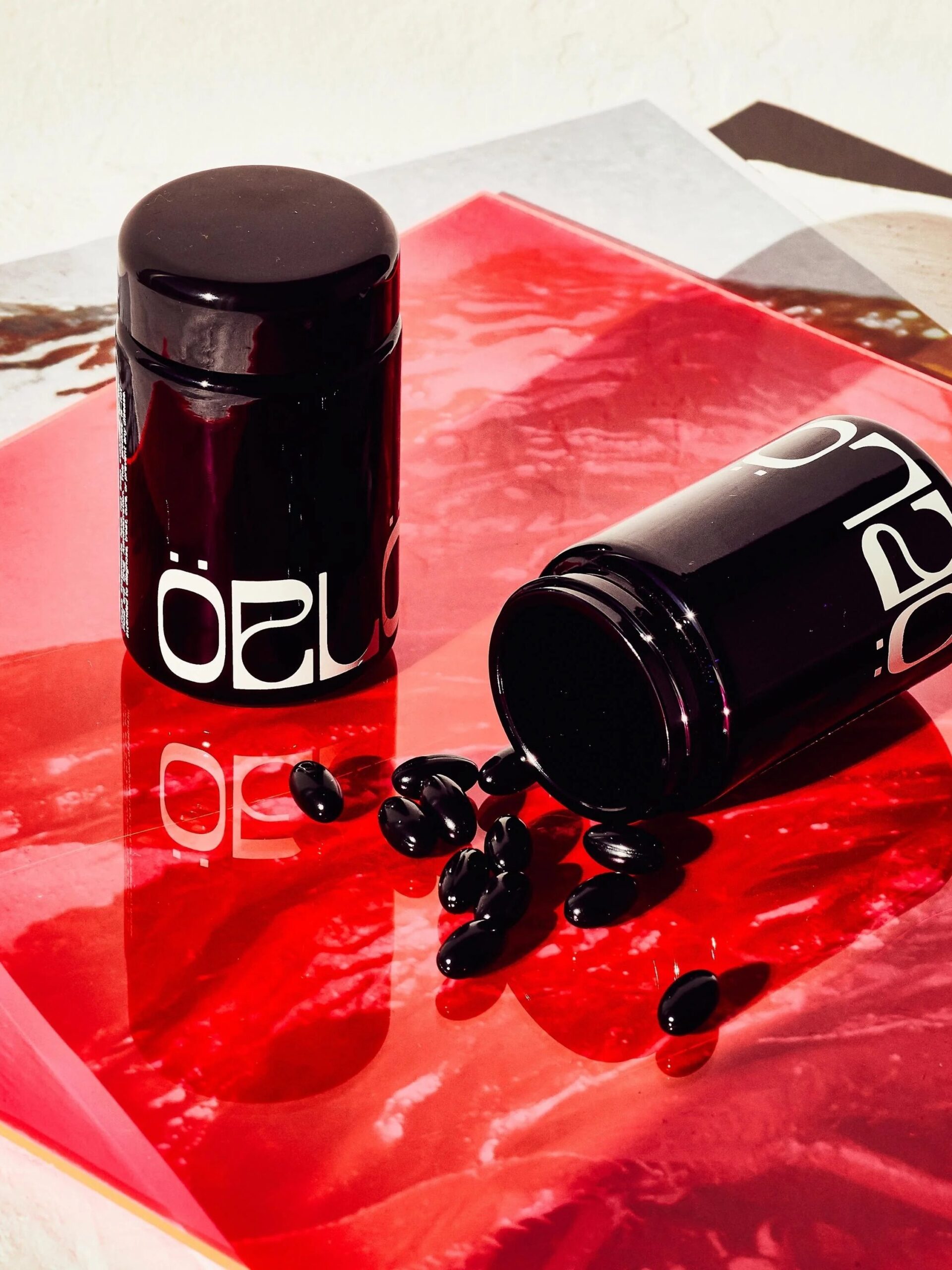
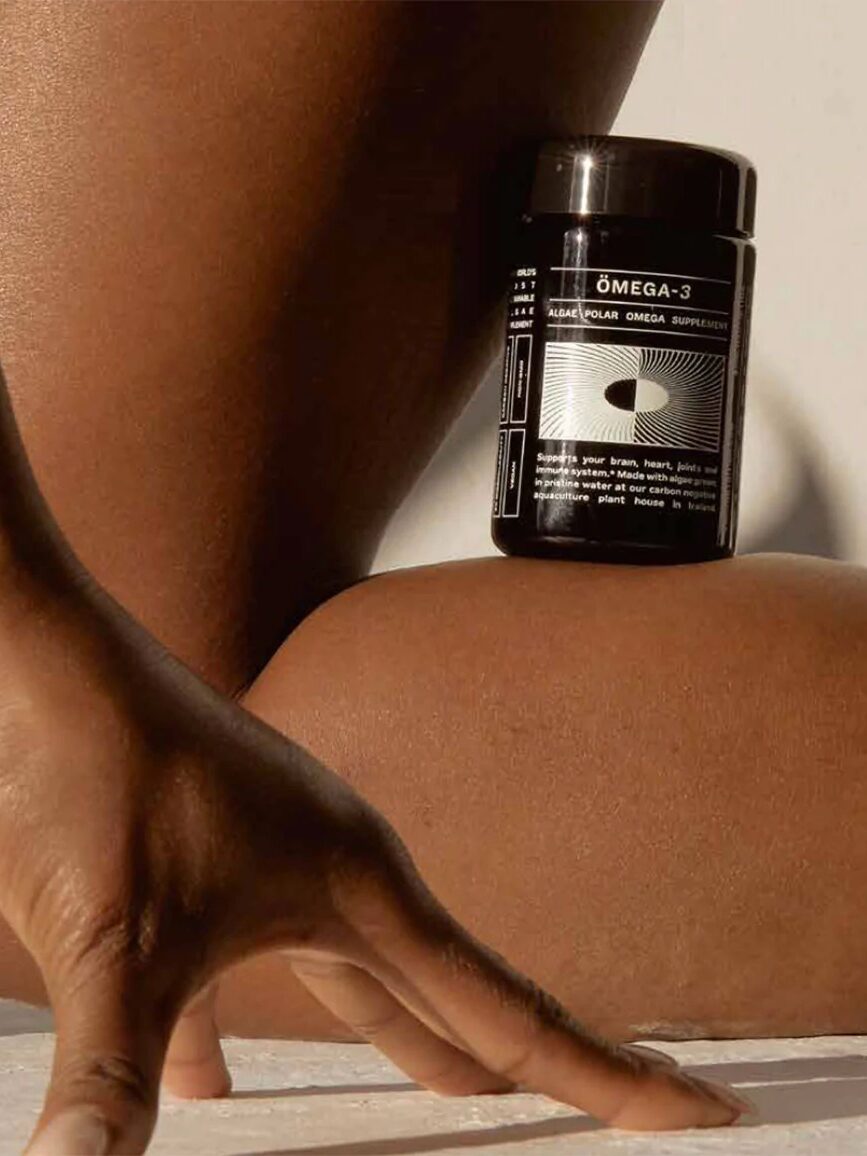
Seed
Stand out for sustainable packages
Best For | Probiotics
Price | $50/month with free travel vial on first purchase
Seed ships in boxes made from biodegradable algae paper and the first batch of supplements come in either a refillable glass jar with an accompanying travel vial or aluminum container (kid’s powder). Each container is protected during shipment in energy-conscious bio-based trays made with starch, natural fibers, and water that can be recycled or composted. Monthly refills come in biofilm sachets that can be placed right in your home compost bin. Talk about leaving no trace!
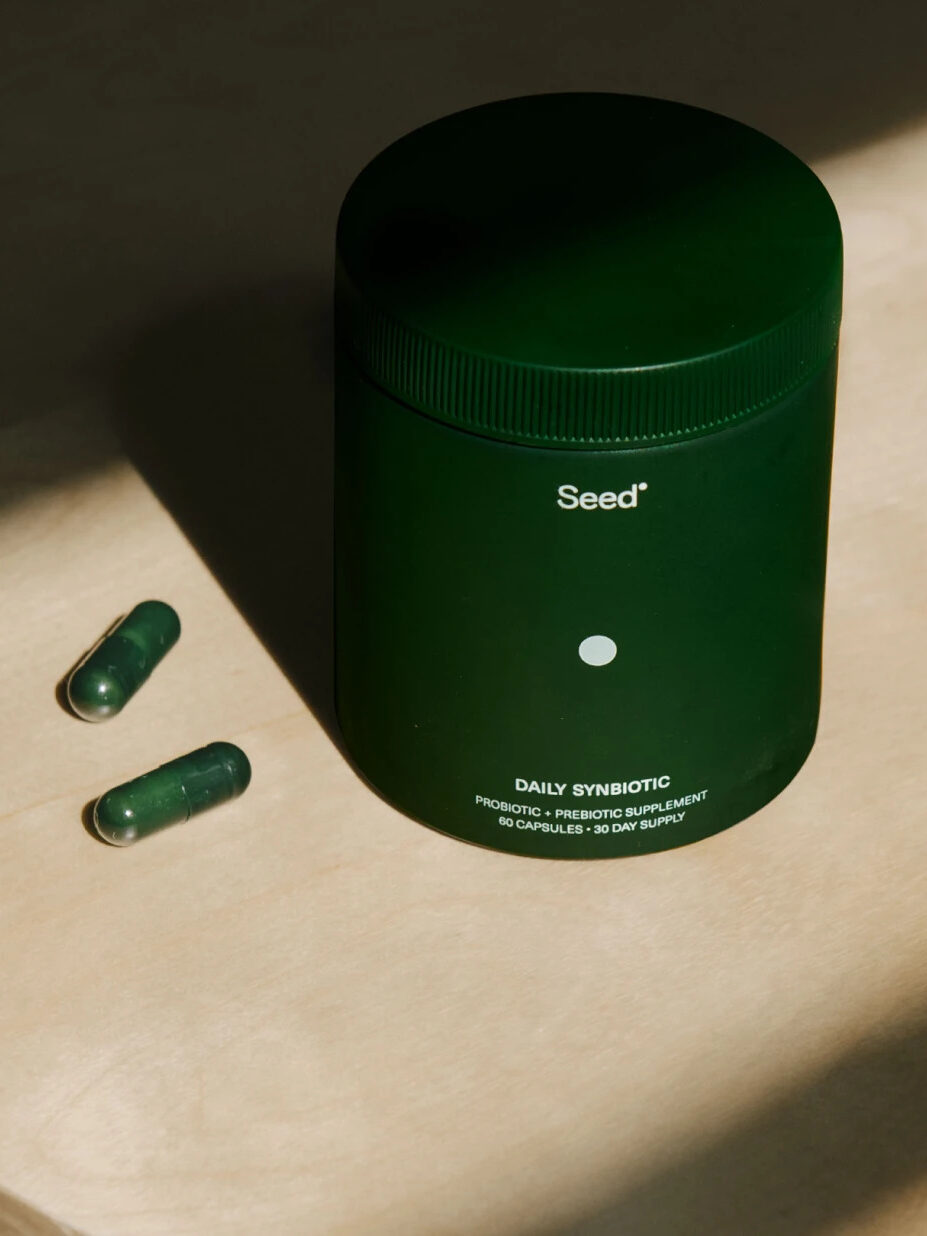
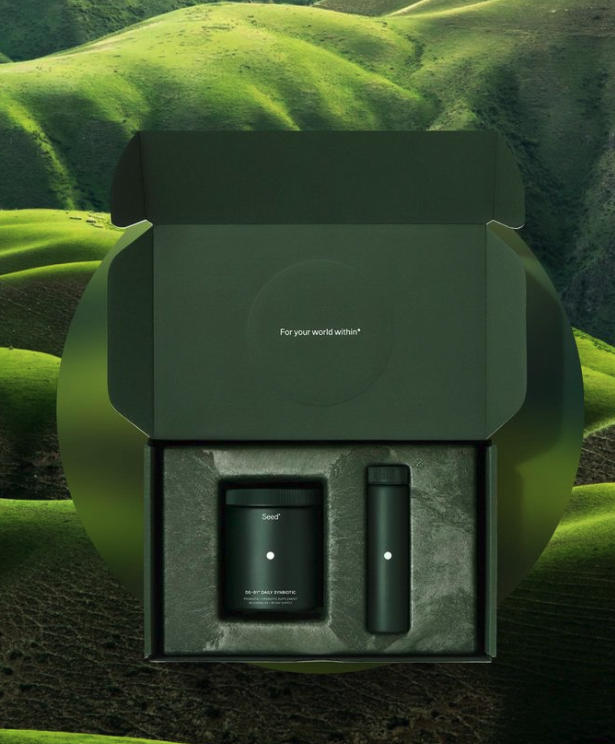
AG1
Stand out for sustainable business practices
Best For | Powder Greens Supplement
Price | $99 for 30 servings, one-time purchase. Significant savings with a subscription.
Athletic Greens (now called AG1) is Climate Neutral Certified and works to further reduce its carbon footprint and off-setting emissions through projects that protect old-growth forests and prevent deforestation. They are also part of the How2Recycle program, which helps consumers discover the best and most earth-friendly way to dispose of their products. They are also committed to increasing the amount of recycled material in the product packaging. Read our comprehensive review of AG1 here!
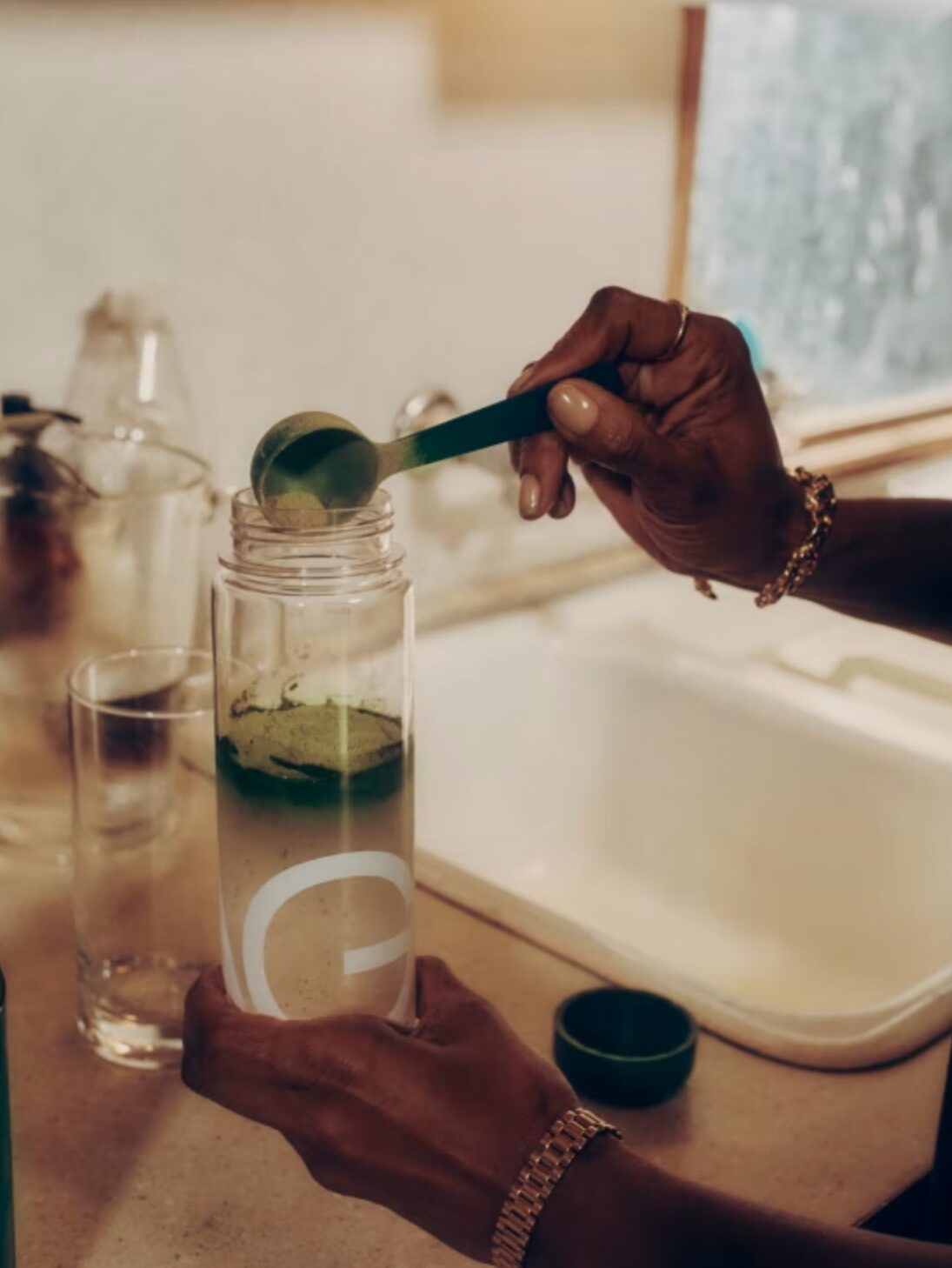
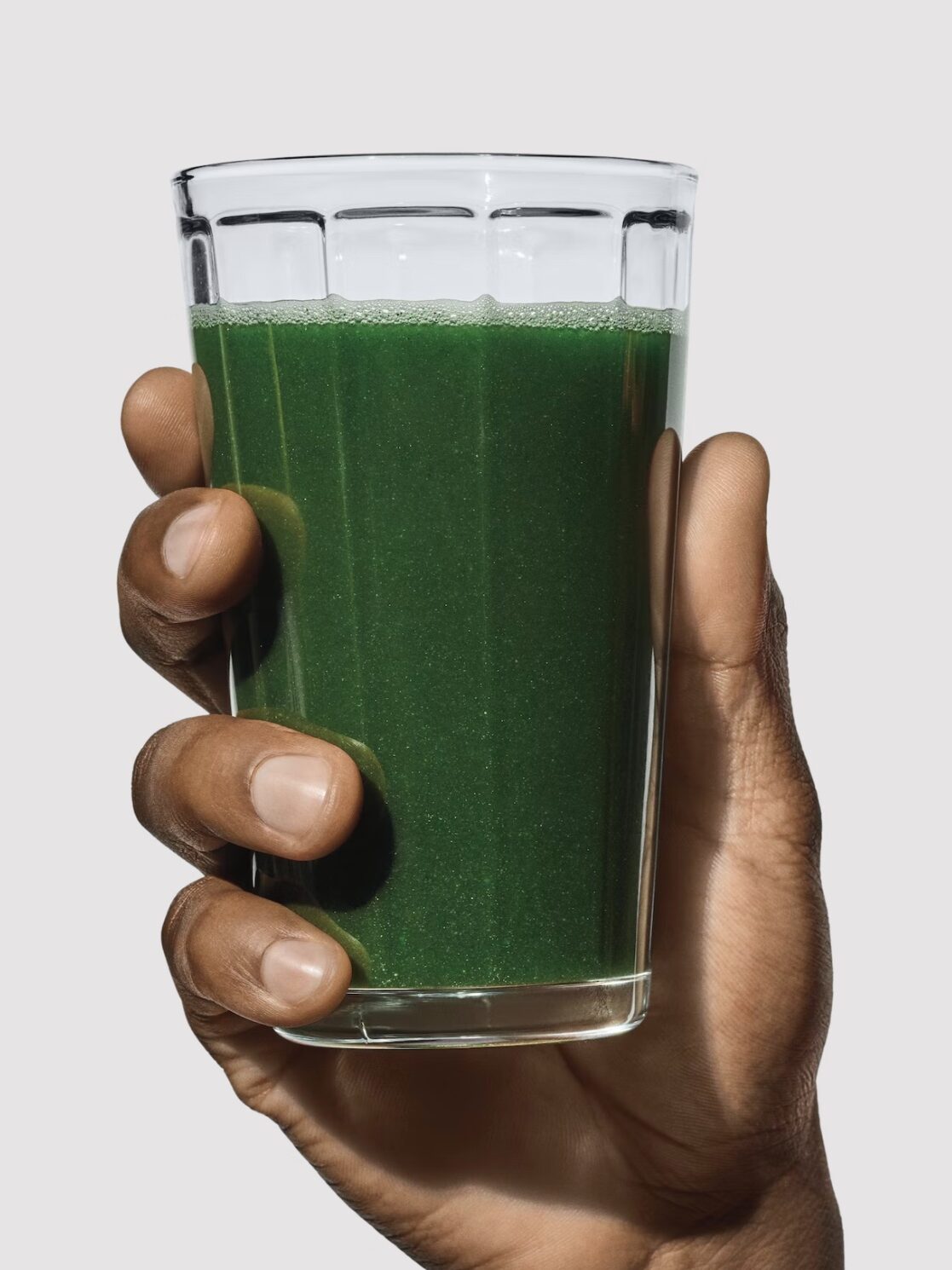
Mary Ruth’s Organics
Stand out for ingredient sourcing
Best For | Liquid Multi-vitamins
Price | $45 for 32 adult servings of morning liquid. Subscribe & Save option available.
Mary Ruth’s Organics products are non-GMO, plant-based, and vegan and contain the fewest allergens possible. In addition, MRO products are Clean Label Project Certified which means they are screened for 200 industrial environmental contaminants and toxins.
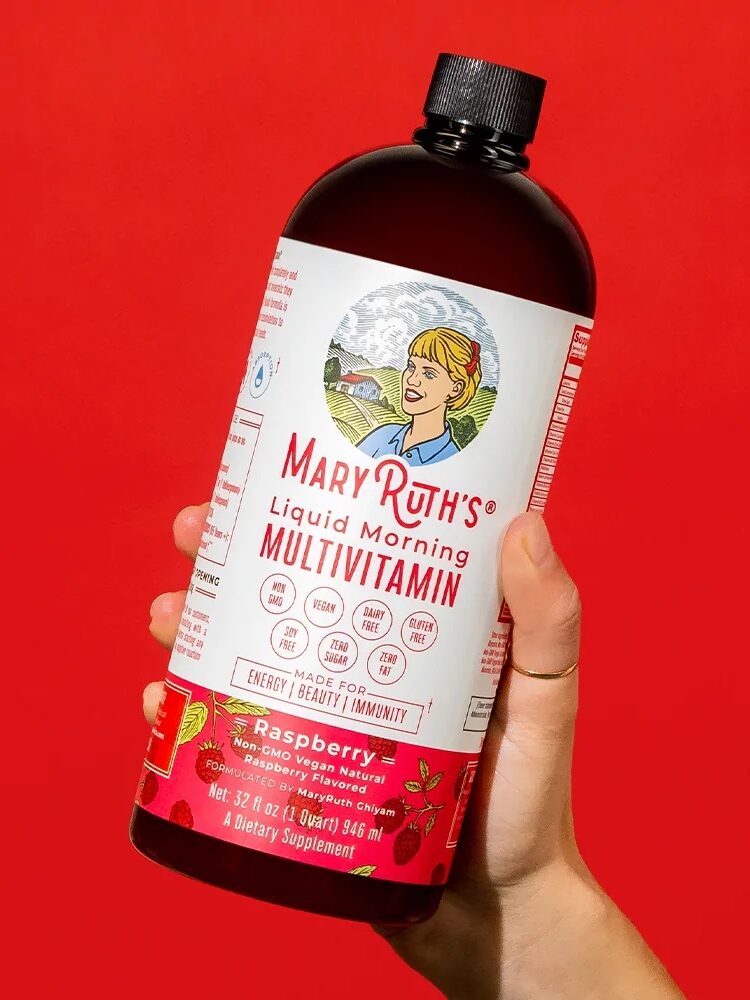
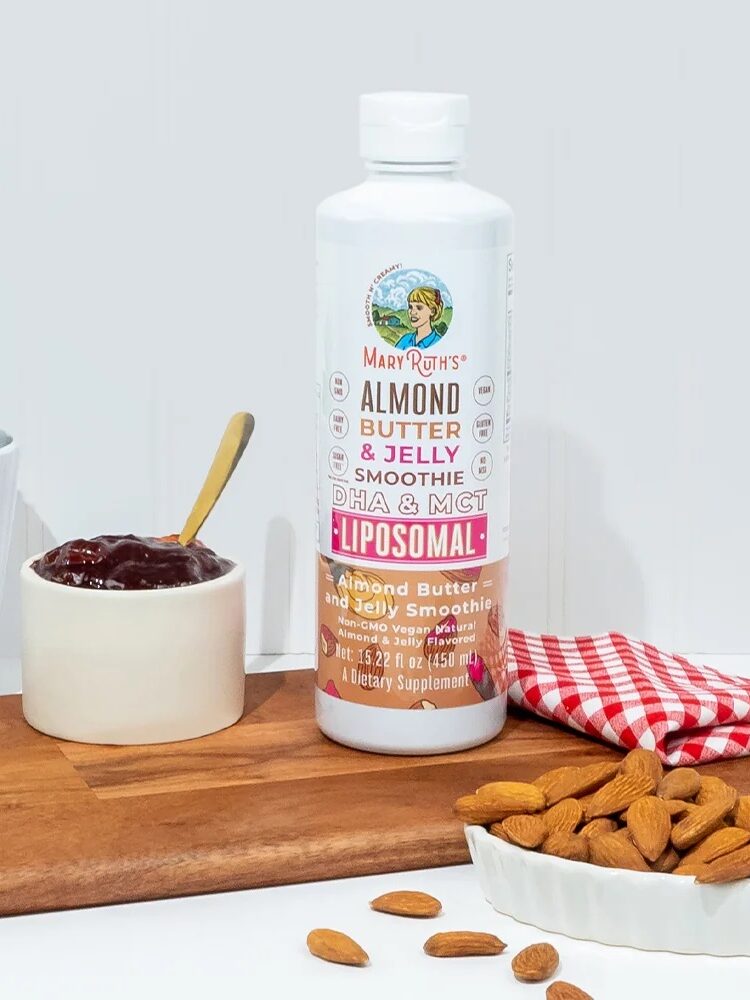
Form
Standout for compostable packaging
Best For | Vegan supplements & nootropics
Price | $29 for a 30-day supply of sleep support supplements. Option to save with a subscription.
Form’s commitment to evolving their sustainable packaging is leading the way for the future of eco-friendly supplements. This B Corp certified brand replaced their original plastic protein powder pouches, into fully plastic-free, compostable pouches made with a plant-based biofilm. They also use tinted glass jars for their supplements and 100% recyclable shipping boxes. Form has managed to save over 50,000 plastic pouches from reaching landfills and their work doesn’t stop there! Each purchase supports the Form Feeding Fund, an initiative for supporting the Bansang Hospital in The Gambia.
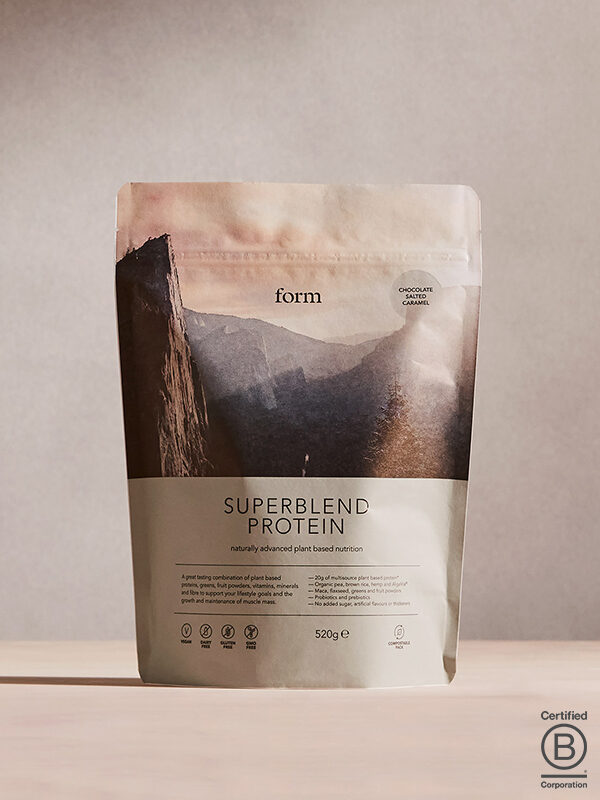
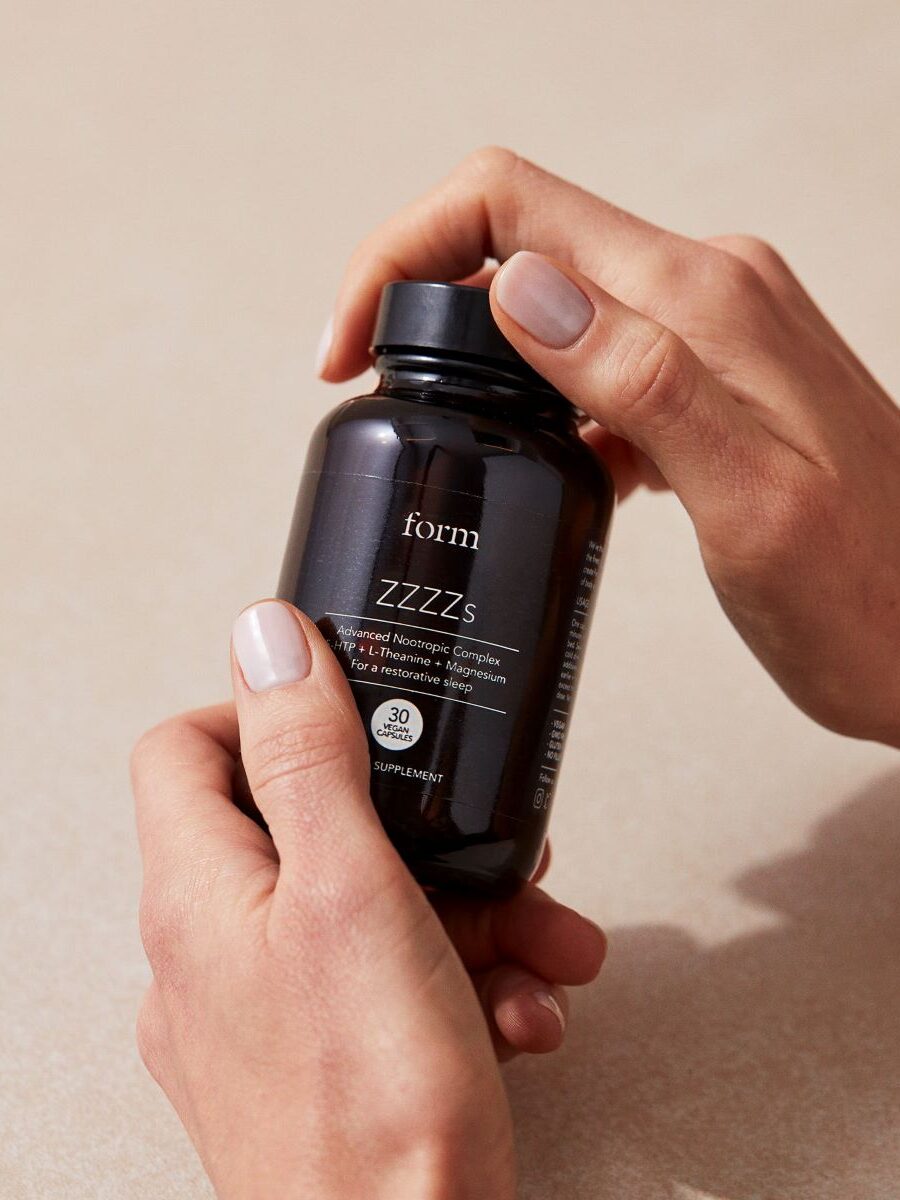
Randi Donahue is a freelance writer who lives on the Gulf Coast of Florida and is fortunate to live right next to a glorious nature preserve and a few miles from a white sandy beach. She and her family are passionate about nature, health & wellness, and sustainable living and believe the path to a healthy and prosperous life requires authenticity, kindness and a whole lot of fresh air.




